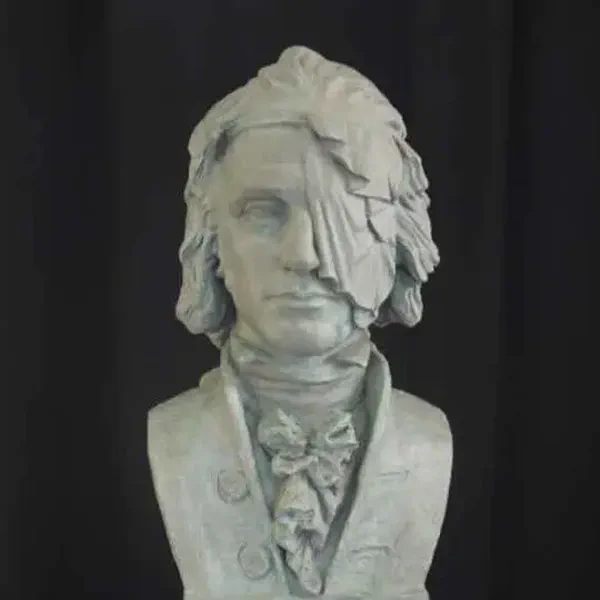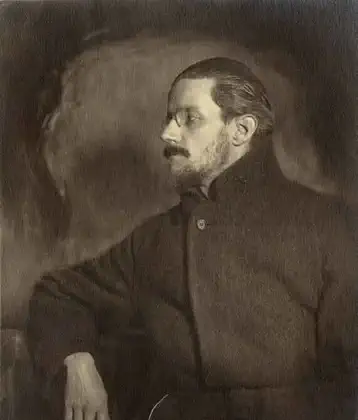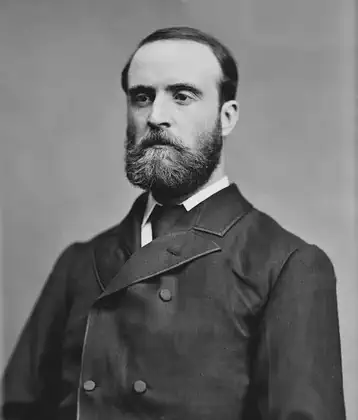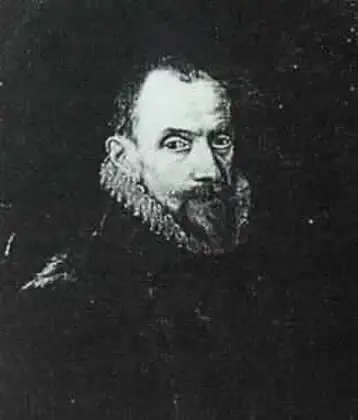On January 02, 1793 in Celtic History
Thomas muir, lawyer and political activist, arrested and charged with sedition.

Thomas Muir, also known as Thomas Muir of Huntershill, was a Scottish political reformer and advocate of democratic principles in the late 18th century. He is best known for his role in advocating for political and social reforms and for his subsequent arrest and trial.
Thomas Muir was arrested in August 1793 for his activities in support of political reform and his involvement with the Scottish reform movement. He was charged with sedition and accused of promoting revolutionary ideas and republican principles. Muir’s arrest and trial were part of a broader crackdown on political radicals during this period, which saw the British government taking measures to suppress political dissent.
Muir’s trial, known as the “Trial of Thomas Muir,” was a highly publicized event, and he was eventually found guilty. He was sentenced to transportation to the penal colony of Australia for fourteen years. Muir’s arrest and trial became a symbol of the government’s repressive measures against reformers and political radicals in Scotland.
While in exile in Australia, Muir continued to advocate for political reform, and his ideas had a lasting influence on the development of democratic and reformist movements in Scotland and beyond. Thomas Muir is remembered as a significant figure in the history of political activism and democratic principles in Scotland.
Muir spent the days following the Convention preparing a defence brief for James Tytler, arrested on a charge of sedition the previous month. Robert Dundas the Lord Advocate initiated an investigation of Muir’s movements during the previous three months.
Muir, on his way to Edinburgh on the morning of 2 January 1793 to attend Tytler’s trial, was himself arrested on a charge of sedition and brought under guard to Edinburgh. After interrogation before the Sheriff and refusing to answer any questions, Muir was released on bail.
More From This Day





